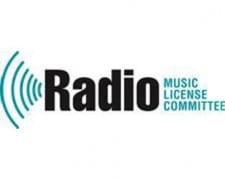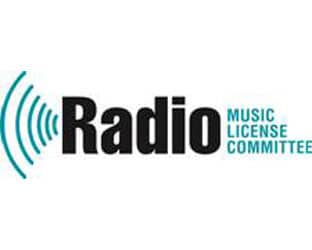 The saga between the Radio Music License Committee and the Irving Azoff-led Global Music Rights (GMR) licensing group entered a new chapter on Monday (1/9), as the RMLC issued an “urgent message” to broadcasters informing them that it is receiving “troubling reports from a number of station operators who have received interim fee license quotes from GMR.”
The saga between the Radio Music License Committee and the Irving Azoff-led Global Music Rights (GMR) licensing group entered a new chapter on Monday (1/9), as the RMLC issued an “urgent message” to broadcasters informing them that it is receiving “troubling reports from a number of station operators who have received interim fee license quotes from GMR.”
What is RMLC’s biggest complaint?
GMR makes at least two important misstatements, RMLC Chairman and Saga Communications President/CEO Ed Christian states in a letter sent to member stations.
First, Christian says, “GMR incorrectly asserts that the interim license fee was ‘negotiated’ with the RMLC.”
The truth, Christian notes, is that GMR “refused to negotiate the price it will charge stations under the interim license, and we have not undertaken at this point any negotiations that would bind any stations.”
As the RMLC believes the availability of an interim license “is an important option to our constituents who had legitimate concern as to infringement exposure related to GMR works,” it reached just before Christmas an interim license for the period Jan. 1 through Sept. 30, 2017.
Christian adds that GMR “insisted” that any industry-wide interim license would need to afford GMR the possibility of securing industry payments totaling $2.5 million per month during the interim fee period — exclusive of licensee payments from any operators who had executed separate licenses with GMR.
“GMR mischaracterizes this arrangement as a negotiation with the RMLC,” he says. “The RMLC characterizes it as a non-negotiable, take it or leave it proposition from GMR that entailed no negotiation whatsoever as to the level of interim fee.”
Christian also takes aim at GMR for stating that the quoted interim license fee was calculated by the RMLC, which he says is not true.
He notes, “GMR insisted that it would not offer an interim license unless the RMLC provided GMR with an interim fee allocation model that would total the demanded $2.5 million per month. We elected to mirror the revenue-driven structures in place with BMI and ASCAP, on a pro-rata industry-wide basis by station. The RMLC believed that operators would be better served with the RMLC’s input here than to leave the process entirely to the whim of an organization that lacked the necessary resources to drive the process to a rational conclusion. The RMLC did not dictate and, indeed, has never seen GMR’s final interim fee calculations, nor would the RMLC ever entertain any involvement whatsoever in GMR’s final fee calculations.”
 With accusations of bad faith flying from RMLC to GMR, RMLC affirms that it does not recommend nor disparage GMR’s interim license offering. “Whether or not to pursue the offering (or any other license terms) is an individual choice for each operator to make,” Christian says.
With accusations of bad faith flying from RMLC to GMR, RMLC affirms that it does not recommend nor disparage GMR’s interim license offering. “Whether or not to pursue the offering (or any other license terms) is an individual choice for each operator to make,” Christian says.
RMLC and GMR have had a rough three months of negotiations, punctuated by the mid-November filing by RMLC of an antitrust complaint against GMR, asserting that it is engaged in anti-competitive activities that could lead to unfettered fees for all works in the GMR repertory.
In early December, GMR counter-sued the RMLC, calling it “an illegal cartel.”





